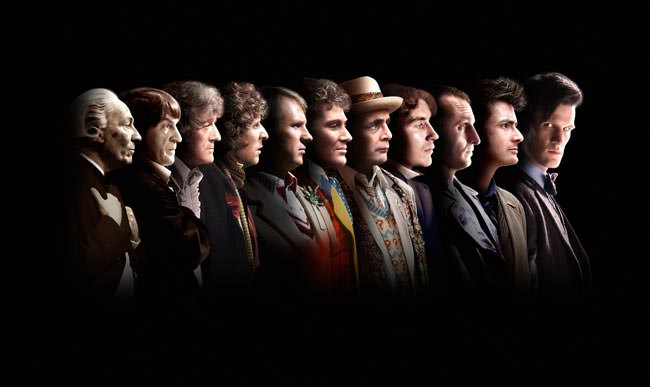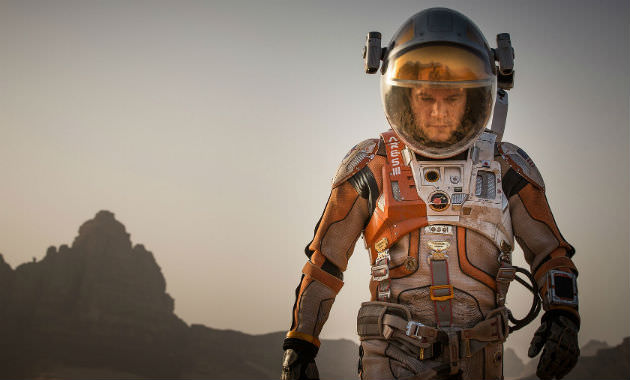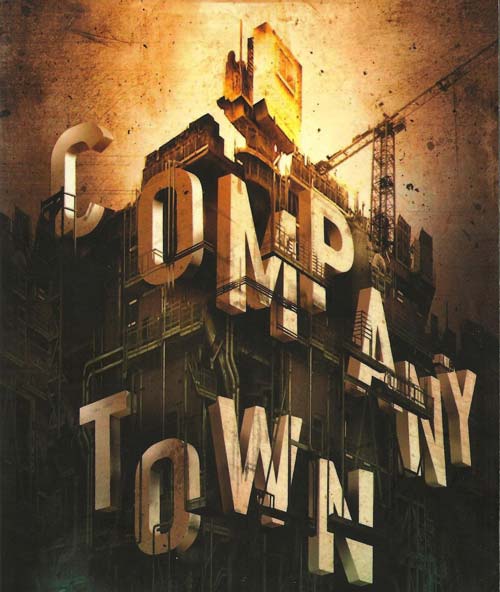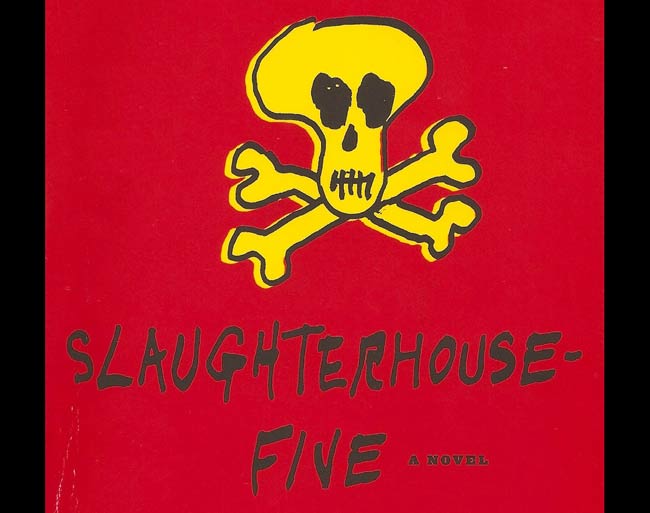But What If We’re Wrong Review
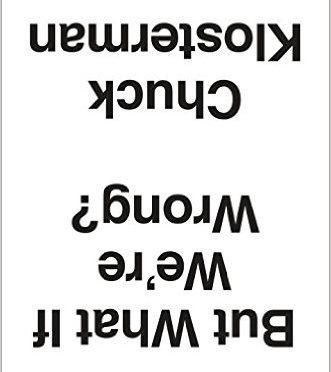
Chuck Klosterman’s latest book, But What If We’re Wrong, looks at today’s culture through the lens of the future. A difficult, but fun thought experiment.
Chuck Klosterman first came across my radar sometime in 2014. I don’t remember the specifics, but I picked up a copy of “I Wear The Black Hat.”
It was a collection of essays examining what it means to be a villain in today’s world. You can read what I thought about it here.
Klosterman’s essays in “Black Hat” were hit or miss, but his writing style was a hit for me. He knew how and when to sprinkle in some dry wit to keep my attention. So yea, I dig his writing style.
That’s why, when a podcast I listen to regularly cited his latest book, I had to check it out.
That work, “But What If We’re Wrong”, is a collection of essays examining modern culture through the lens of 400 years from now. In other words, Klosterman is trying to figure out what the future will think about today.
Klosterman questions our current understanding of virtually everything, from music and literature to physics and our Constitution.
He notes that predicting how the future will look at our time is downright impossible. That’s where Klosterman lands in each section and at the end of the book.
It’ the most rational conclusion to Klosterman’s questions. There’s no way to account for the unknown events of the future. And that’s frustrating for readers wanting the answers to what he’s asking.
What makes this book worth reading isn’t the end destination, it’s the ride to it. They were fun to read. Klosterman picks a topic, shows us two different opinions, then suggests a third option.
And sometimes that argument sounds like it came from your friend who turns into a philosopher when they’re drunk or stoned at a party. And that’s where the entertainment is.
It’s like a road trip where the end destination is your local park, but on the way from your house you visit the National Mall in D.C., Mt. Rushmore and Yellowstone. The journey is more exciting than the end destination.
Is this Pop Culture Philosophy?
Full disclosure, I’m a layman when it comes to philosophy. My experience with it is limited to an intro class I took at the University of Tennessee, PBS’s YouTube Channel “CrashCourse”, and a failed attempt at reading “The Simpsons and Philosophy: The D’oh! of Homer”. So I’m probably not the right person to be asking this question, let alone attempting to answer it.
From my limited point of view, if there was such a thing as pop culture philosophy, Klosterman would fit right in. Both books I’ve read, “But What If We’re Wrong” and “I Wear The Black Hat” question what we know and what our values are respectively.
And isn’t that what philosophy is about? Questioning what we think we know?
I don’t remember reading Rene Descartes’ Discourse on the Method. But I do remember discussing it at length in college. In it, the French philosopher applied a healthy amount of skepticism to everything he knew, trying to find truths that are incontrovertible.
“But What If We’re Wrong” has a similar premise. But instead of questioning what an individual knows, Klosterman questioned what the collective “we” know. If it weren’t for Klosterman’s interviews with experts in their respective fields. For example, he talked with Neil DeGrasse Tyson for the science portion.
But unlike Descartes, who produced the famous “I think, therefore I am” (cogito ergo sum) from his work, Klosterman doesn’t concretely answer the questions he asks.
That isn’t a deal breaker though. Philosophy hasn’t answered the big questions about our existence either. We don’t know if there’s a reason we’re here. We don’t have a single answer to the hard problem of consciousness. There are theories, but that’s all they are – theories.

